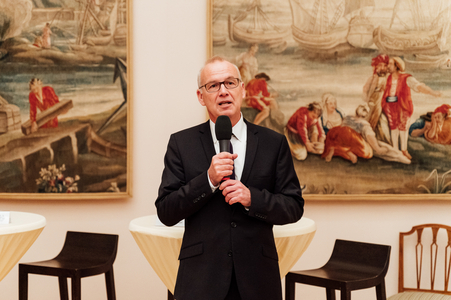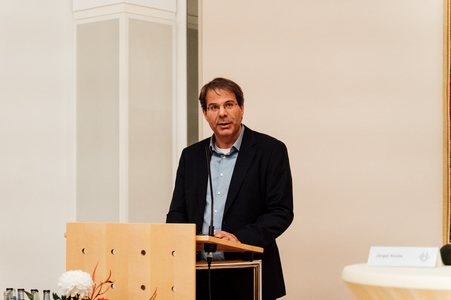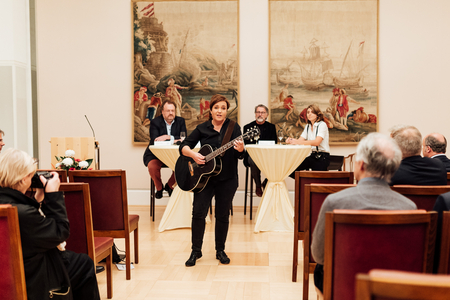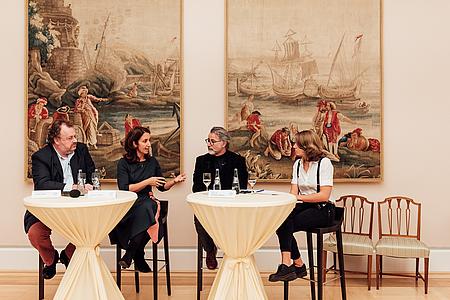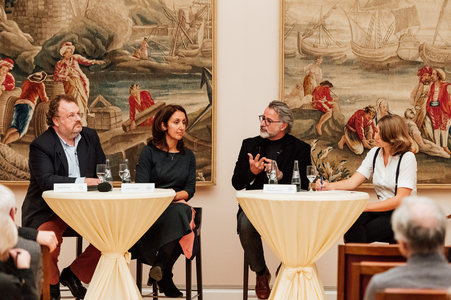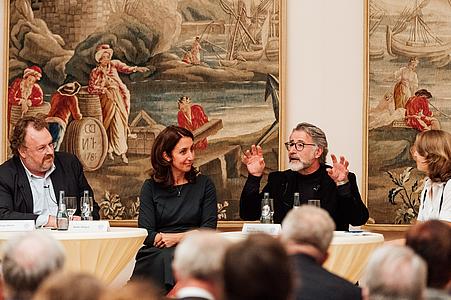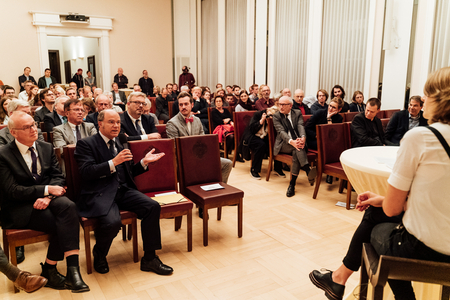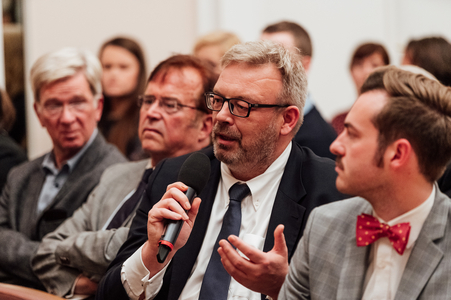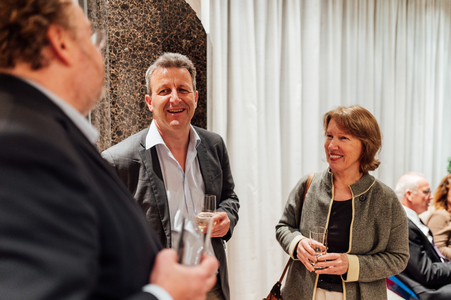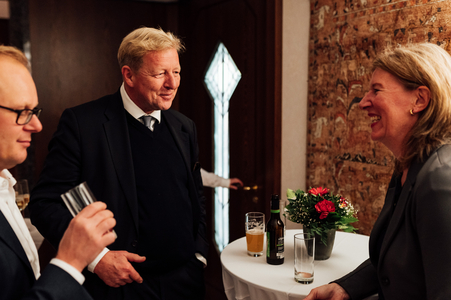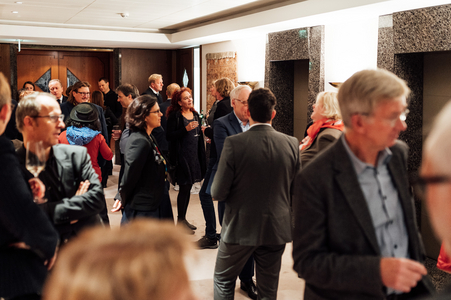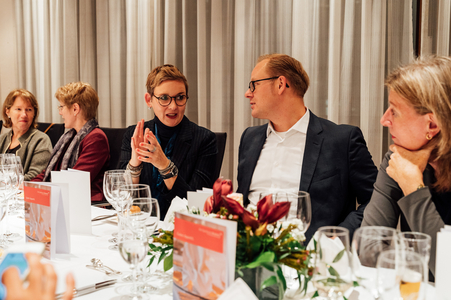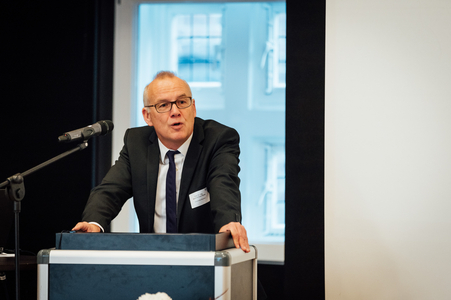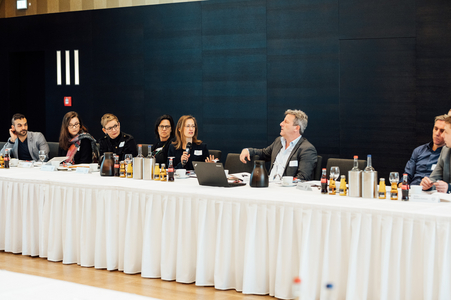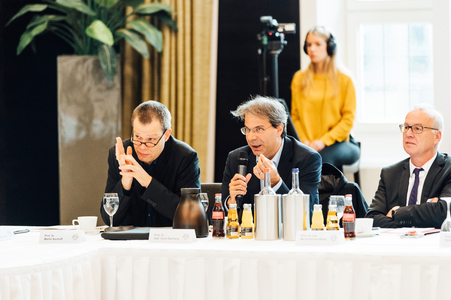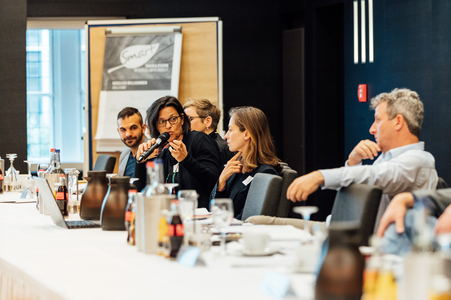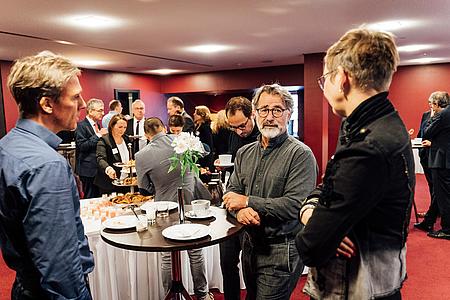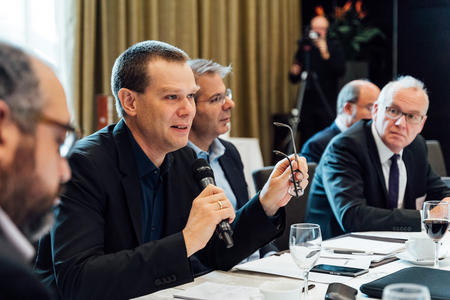BUG 2018
[Translate to English:] Liberale Demokratien unter Stress: Ökonomische Ungleichheit, kulturelle Vielfalt und Populismus
The topic
Current observations of Western liberal democracies suggest that they are increasingly coming under stress in a variety of ways. Firstly, this applies at the level of the political system, where procedural forms, normative standards and forms of behaviour of liberal constitutional states that have long been considered normal are being questioned anew, in particular on the basis of increasing criticism of a supposed left-liberal, more universalist, cosmopolitan consensus. Recently, this form of questioning has often been discussed with reference to populist, especially right-wing populist movements; somewhat older and perhaps currently less present in the media is the equally critical questioning of liberalism by more left-wing movements, e.g. those critical of globalisation. While cultural liberalism in particular is being fought against from the right, economic liberalism in particular is being criticised from the left. Both forms of questioning indicate that the pressure on the political system is linked to a second social stress factor, namely various forms of inequality and cultural difference that overlap in complex ways. We can identify two dynamics of inequality that interact to increasingly jeopardise social cohesion. On the one hand, we can see how not only economic life situations, but also the lifeworlds and lifestyle patterns of social groups, which seem to touch and understand each other less and less, are diverging. A second dynamic of inequality can be seen in the tendencies towards increasing status competition within social groups, and here in particular in the middle classes, which face each other in a competitive and comparative manner on education, labour and financial markets as well as on digitalised partnership markets or in social networks. It is therefore up for debate whether, in the long term, a broad social centre can still be expected to provide the integration services that are essential for the functioning of liberal democracies. The 2018 Bremen University Talks aim to address this current stress constellation of Western liberal democracies in greater depth by placing the two stress factors - the political questioning of a normative and procedural liberal-democratic consensus long believed to be stable on the one hand and the dynamics of economic inequality and cultural difference on the other - in relation to one another. To this end, academics and representatives from politics and society will discuss the following main topics on four panels: (1) Populism; (2) Democracy; (3) Dynamics of social inequality; (4) Cultural difference and identity politics.
Programmheft und Dateien
[Translate to English:] BUG 2018
File name: BUG_148983_programmheft_2018_de.pdfLast update: 16.10.2018[Translate to English:] BUG 2018
File name: BUG_148983_programmheft_2018_en.pdfLast update: 16.10.2018[Translate to English:] Interview Prof. Nonhoff
File name: Interview_Nonhoff_aufgearbeitet.pdfLast update: 21.11.2018

